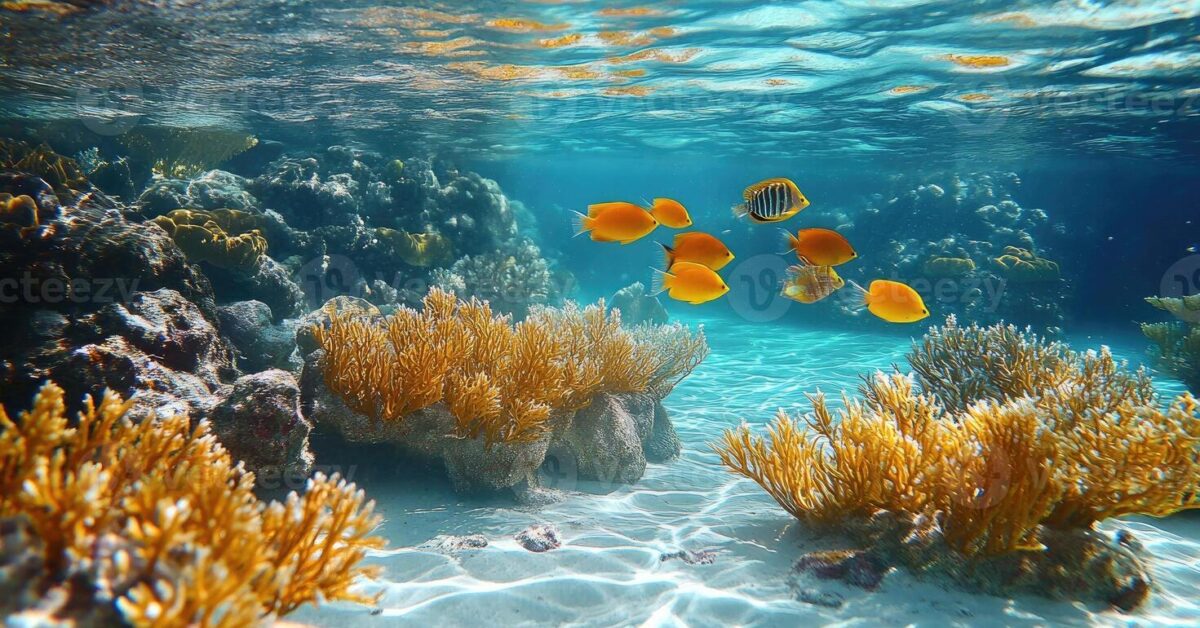The sea looks endless on the surface, calm one day and stormy the next, but under that water lies a network that holds life together. Coral ecosystems may appear small, yet they are giant in importance. Anyone who decides to take a deeper look into coral ecosystems finds out quickly that they are not just colorful reefs, they are engines of survival.
What Corals Actually Do
Corals look still from the outside, but each piece is a tiny animal busy building its own hard shell. Layer by layer, those shells stack into something bigger, and after many years they become massive reef walls. The reefs do not just sit there either — fish move in, turtles pass through, and suddenly the whole place feels alive. Without that slow work, the ocean would feel emptier, missing the colors and the life that make it so rich.
Life That Crowds The Reef
Spend time on a reef and you see how busy it is. Bright fish weave through coral branches. Crabs tuck into cracks. Turtles float near seagrass beds close by. Even seabirds fly in and dive for a quick catch.
- Fish using reefs as shields against predators
- Turtles resting or grazing in nearby shallows
- Crustaceans hiding inside coral crevices
- Birds relying on reef waters for food
It is not decoration, it is a working system.

What People Often Forget About Reefs
Reefs do more than sit pretty under the water. They break waves before they smash into towns, acting like natural walls. Fishers rely on them every day, pulling food from the waters around the reef. In small islands, families also earn money when visitors come to dive or snorkel. When reefs fade, storms feel stronger, catches shrink, and work becomes harder to find.
Small And Big Steps That Help
Local groups plant coral nurseries, growing new colonies where old ones died. Governments set up marine protected zones that ease fishing pressure. Travelers choose eco-friendly tours to avoid damaging fragile sites. And on the global side, cutting greenhouse gases slows warming seas. None of these are quick fixes, but together they buy reefs time.
Why They Still Matter Today
To take a deeper look into coral ecosystems is to realize they are the ocean’s living cities. They shelter life, protect people, and keep balance. Losing them is not an option, because when reefs fall, the ocean and humans both lose more than they can afford.
